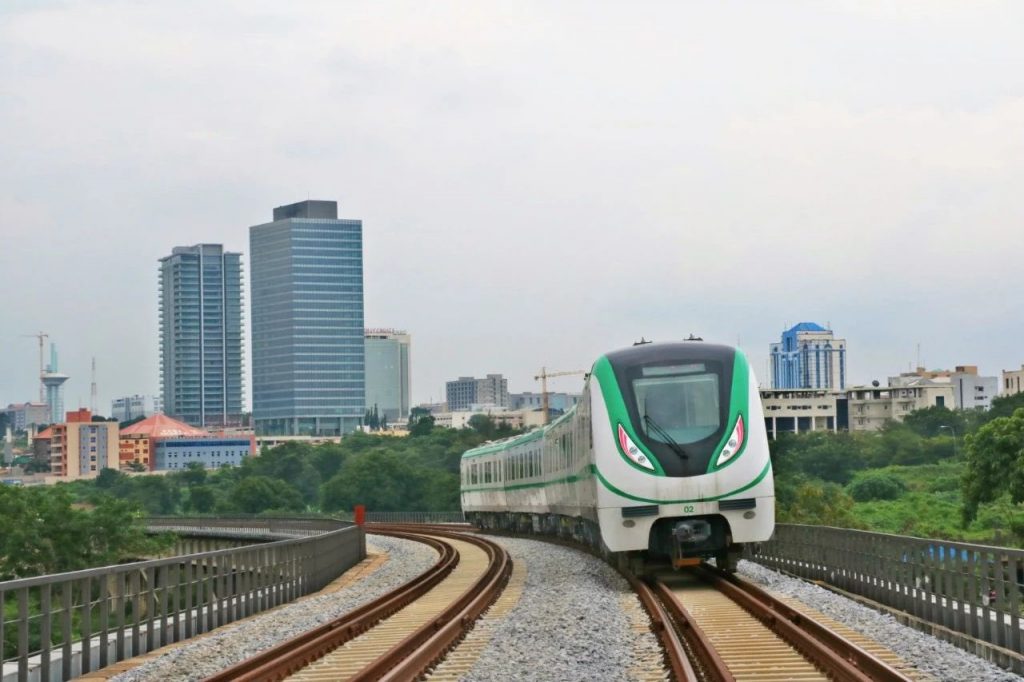Travelling with the New Rail Systems in Nigeria Can Be Fun, and Here’s Why.
Boarding a train for travel in Nigeria offers several advantages, especially with the recent developments and improvements in the rail infrastructure. As the country continues to expand its rail network, the benefits of train travel are becoming more evident and impactful. Here are some key ways in which boarding a train can help traveling in Nigeria:
Reduced Travel Time: Trains on the newly constructed standard gauge railways, such as the Lagos-Ibadan and Abuja-Kaduna routes, are faster than the traditional narrow gauge lines and often quicker than road travel due to road congestion, which can significantly cut down travel time for long-distance journeys.
Cost-Effective: Train tickets are generally more affordable than flying tickets, especially over long distances. Considering the rising costs of fuel, which significantly affect road travel expenses, trains offer a more cost-effective and budget-friendly option for travelers.
Comfort and Convenience: Modern trains provide comfortable seating, air conditioning, and onboard amenities like restrooms and sometimes dining services. This comfort level is advantageous for longer journeys, offering a more relaxing environment than bus or car travel.
Safety: Rail travel is often safer than road travel in Nigeria, where road conditions can be poor and traffic accidents are common. Trains are less susceptible to road-related issues and provide a safer alternative for long-distance travel.
Reliability: Trains are less affected by common road issues such as traffic jams and roadblocks. The timetable and schedule of train services make planning travel more predictable and dependable.
Environmental Benefits: Trains are more energy-efficient per passenger kilometer than automobiles and buses. By choosing rail transport, travelers contribute to reducing greenhouse gas emissions, supporting environmental sustainability.
Economic Impact: Rail travel stimulates economic activities by providing easier access to markets, employment, and other financial opportunities across different regions. Improved rail connectivity enhances trade and mobility, which are crucial for economic growth.
Less Congestion on Roads: By providing an alternative transportation mode, trains help alleviate the burden on road networks. This not only helps in reducing traffic congestion but also contributes to lower maintenance costs and longer lifespans for road infrastructure.
Promotes Tourism: The scenic routes offered by trains, such as those through diverse landscapes and regions, can enhance the tourism experience. Train travel can make tourist sites more accessible, promoting local tourism.
As Nigeria continues to develop and expand its railway services, the role of trains in enhancing travel and transportation within the country is set to increase, providing numerous benefits to daily commuters, business travelers, and tourists alike.



